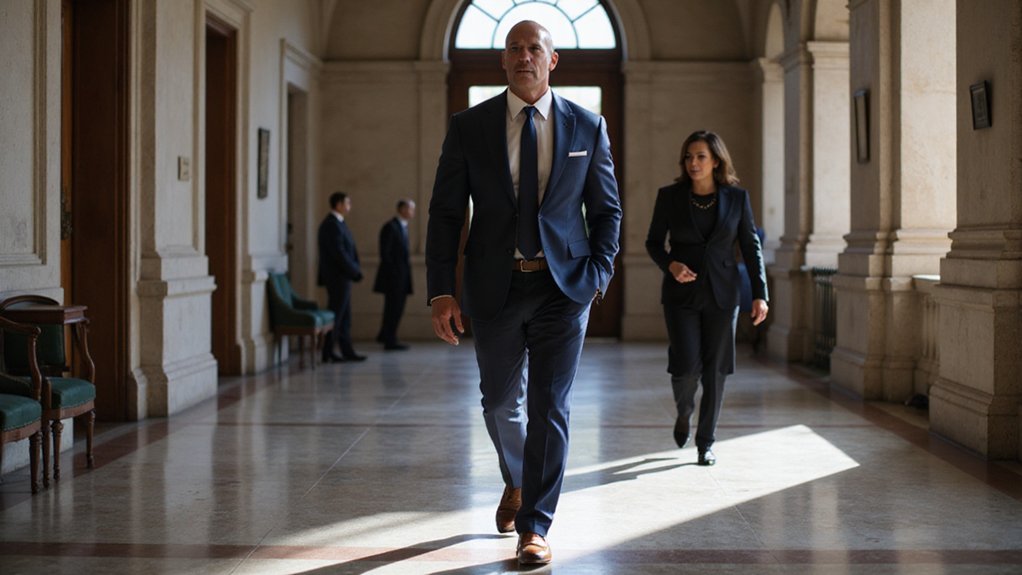Nearly two decades after its enigmatic inception, Bitcoin has transcended its cypherpunk origins to become an unexpectedly mainstream payment option across Fortune 500 companies.
What once seemed like a libertarian fantasy—the separation of money and state—has morphed into corporate reality, with technology giants Microsoft and Tesla leading the charge in cryptocurrency integration despite the latter’s notorious environmental about-face in 2021.
The retail landscape has undergone seismic shifts, with Newegg‘s early adoption strategy paying dividends while traditional heavyweights like Walmart cautiously explore implementation pathways.
Retail’s Bitcoin divide: tech-native winners race ahead while legacy giants cautiously navigate cryptocurrency implementation.
Home Depot now processes Bitcoin transactions through specialized third-party processors, though Bloomingdale’s remains conspicuously absent from the cryptocurrency revolution—a peculiar position given luxury retail’s historical embrace of payment innovation.¹
Entertainment conglomerates have recognized digital currency’s potential, with AMC Theatres and Dish Network accepting Bitcoin directly.
Even quick-service restaurants—those bastions of rapid transactions where speed is paramount—have experimented with cryptocurrency acceptance.
Subway locations in tech-forward markets and Burger King‘s limited-market trials suggest Bitcoin’s infiltration of mundane commerce is accelerating (though one wonders about the practicality of a deflationary currency for purchasing depreciating assets like fast food).
Financial institutions, once Bitcoin’s most vocal critics, now function as institutional on-ramps.
Corporate treasury strategies increasingly include Bitcoin allocation—a development that would have seemed preposterous during the currency’s volatile adolescence.
The annual “Bitcoin for Corporations” conference, once a fringe gathering, now attracts C-suite executives from across the S&P 500.
This year’s event in Orlando features Michael Saylor’s keynote addressing how corporations can incorporate Bitcoin into their balance sheets to navigate economic challenges.
Tesla stands out among adopters with its unique approach of direct BTC retention rather than converting cryptocurrency payments to traditional currency as many other companies do.
E-commerce platforms demonstrate varied approaches: Overstock embraced Bitcoin early, Amazon facilitates cryptocurrency peripherally, while eBay and Etsy sellers navigate third-party solutions.
The travel industry has also embraced cryptocurrency, with sites like Expedia and CheapAir allowing customers to book flights and accommodations using Bitcoin payments without currency conversion penalties.
The regulatory environment, while still evolving, has provided sufficient clarity for risk-averse legal departments to approve limited Bitcoin integration.
As corporations incorporate digital assets into their payment ecosystems, the once-revolutionary Bitcoin increasingly resembles just another option on the checkout screen—perhaps the most remarkable development of all.
¹Fashion’s relationship with technological innovation has always been peculiarly dichotomous.









